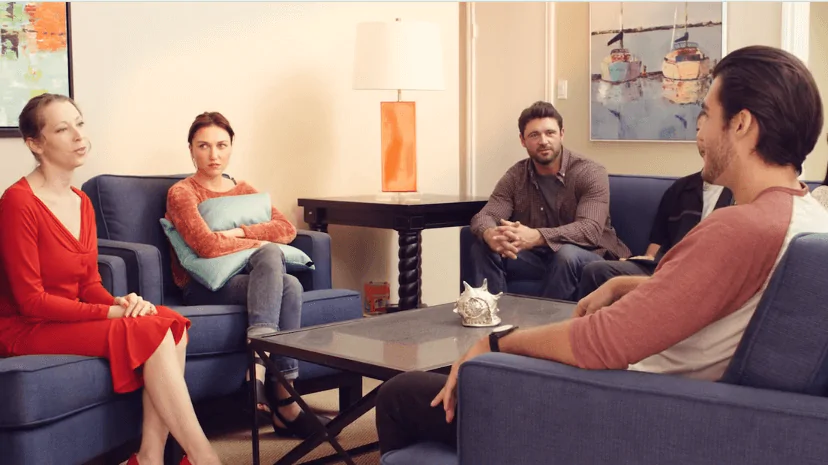24/7 Helpline:
(866) 899-221924/7 Helpline:
(866) 899-2219
Learn more about Dual Diagnosis Rehab centers in Davis
Dual Diagnosis Rehab in Other Cities

Other Insurance Options

Health Partners

Coventry Health Care

BlueCross

UMR

Magellan

Highmark

Health Net

Oxford

Optum

Choice Care Network

Evernorth

Cigna

Multiplan

Premera

CareFirst

Medical Mutual of Ohio

Ceridian

Private insurance

United Health Care

Humana

Pine Tree Gardens
Pine Tree Gardens is a non-profit rehab located in Davis, CA. Pine Tree Gardens specializes in the t...

Department of Alcohol Drug and Mental Health Services
Department of Alcohol Drug and Mental Health Services is a public rehab located in Davis, California...

Recovery Happens Counseling Services
Recovery Happens Counseling Services is a private rehab located in Davis, California. Recovery Happe...







